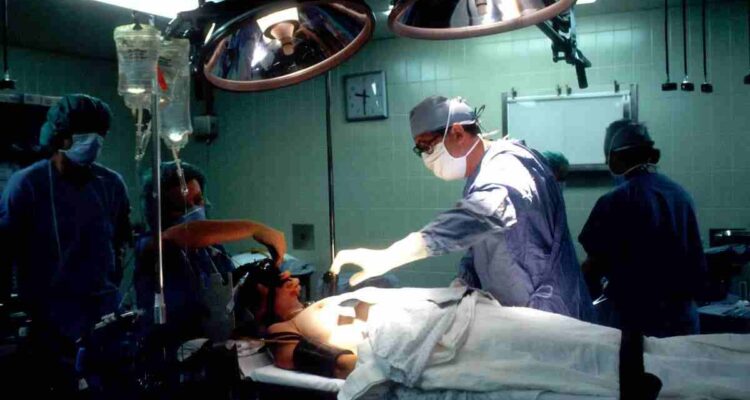TMJ disorder is a series health concern that needs to be addressed immediately. The pain can be deliberating. Managing the sharp stabbing-like pain in your jaw, ear, and head can be challenging, restricting your day-to-day activities. You may even find it hard to open your mouth, bite, chew, speak, and smile. All these can affect the quality of your life, and you might withdraw yourself from others. All you want is to make the pain go away.
However, you might think visiting the dentist won’t help anyway or procrastinate as the symptoms are one and off. TMJ symptoms can indeed come and go. But that doesn’t mean it will cure on its own and you don’t require treatment. So, when to see the tmj dentist in Albuquerque? Let’s find out. Keep reading.
Signs That You Need To Visit A Tmj Specialist In Albuquerque:-
Temporomandibular joint (TMJ) disorder is a condition that affects the jaw joint and muscles surrounding it. People who have TMJ may experience various signs and symptoms, such as difficulty chewing, pain when moving the jaw, clicking or popping noises in the jaw joint, and facial pain or tenderness.
- Difficulty chewing or sudden discomfort while chewing
- Aching pain in the face
- Swelling on the side of the face
- Limited ability to open or close the mouth fully
- Clicking, popping, or grating sounds in the jaw joint when you open your mouth
- Tired feeling in the face
- Neck and shoulder pain
- Pain radiating down into the arm
TMJ can be difficult to diagnose as many of the symptoms can also be caused by other conditions. It’s important to speak with your tmj specialist in Albuquerque if you’re experiencing any of these symptoms, as they can help determine the underlying cause and provide treatment options.
How is TMJ diagnosed and Treated?
The diagnosis of TMJ disorder is usually made through a physical examination and medical history review. Your doctor may examine your jaw and facial muscles and the range of motion in your jaw. They may also assess any clicking or grating sound when you move your jaw.
In some cases, additional tests may be ordered to diagnose TMJ. These may include x-rays, CT scans, MRI scans, or even blood tests. X-rays and other imaging tests help your doctor get a better look at the structure of your jaw joint and the surrounding area. Blood tests can help rule out other potential causes of your symptoms.
Your doctor may also ask you to keep a symptom diary for several weeks to monitor your symptoms. This may include noting any pain you experience and when it occurs, as well as any clicking or grating noises that you hear when you move your jaw.
Once your doctor has all the information necessary to make an accurate diagnosis, they will develop a treatment plan based on your individual needs. Tmj treatment Albuquerque can include lifestyle changes, physical therapy, medications, and even surgery in some cases.



